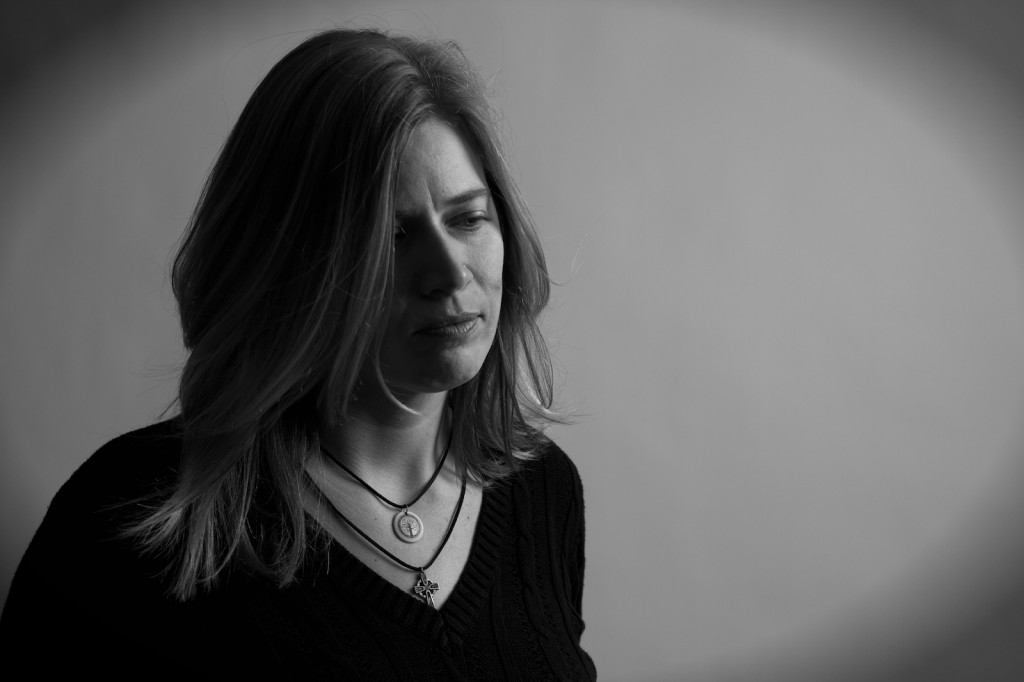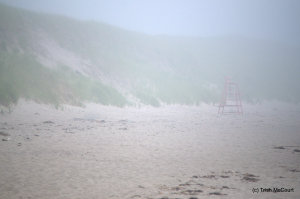When our youngest was three years old, I left my marriage. I wanted, and needed for my children to have, and witness only strong social connections within our home. We’d been through more climbs and dips of the roller coaster that was our relationship – with another posting, a deployment and more. By the time I decided to leave I felt like I had a room-mate – who happened to be the father of my children.
It was during/after my second pregnancy I was diagnosed with fibromyalgia. The thinking at the time was that physical trauma (like a car accident or possibly childbirth) could trigger fibromyalgia. But I always believed the trauma and chronic acute stress in my life had been the cause.
There continued to be high stress events in my life with divorce proceedings, my return to school to get another degree, a job that I left due to a toxic work environment, and then… my mom, who had always been my biggest supporter, died several years after the dissolution of my marriage. Eventually, I moved nearer to my closest friends and biggest supporters, who I’d been living far away from for many years. I needed a fresh start where I could be true to myself.
Reliable and consistent social connections
I wanted my girls to know that: no matter what, they could always count on me; and that our connection to each other would sustain us, whatever we faced.
I made lots of mistakes, but eventually came to the place in life where I am now… capable of taking care of myself and my girls, and eventually in a drama-free partnership with a man that I(we) can count on and trust, who would never do anything to hurt any one of us. It’s only since the girls and I have really been settled into this new life together – with a handful of great friends and family nearby that we can rely on – that my health has finally begun to improve.
We belong to our community, family, and each other. And we can face just about anything when we have strong connections… to ourselves, others and our physical space.
What social connections have brought you a sense of belonging and peace in your life? Is there anyone you can re-activate that connection to today?
—————
Join us for a FREE five day challenge to make more authentic social connections! https://authentic-connections.mn.co/

For more information on how to develop more authentic connections: https://authentic-connections.mn.co/
Drop me a note in the comments below, or connect with me on Instagram @authenticconnections.community, or Twitter @ceilidhontherun, email me at trish at trishblogs dot com, or use my contact form.
I invite you to follow me using one of the options available on my page (email, rss, Google Connect, like my Facebook page, etc.)
If you enjoyed this post, please do like/share it.












